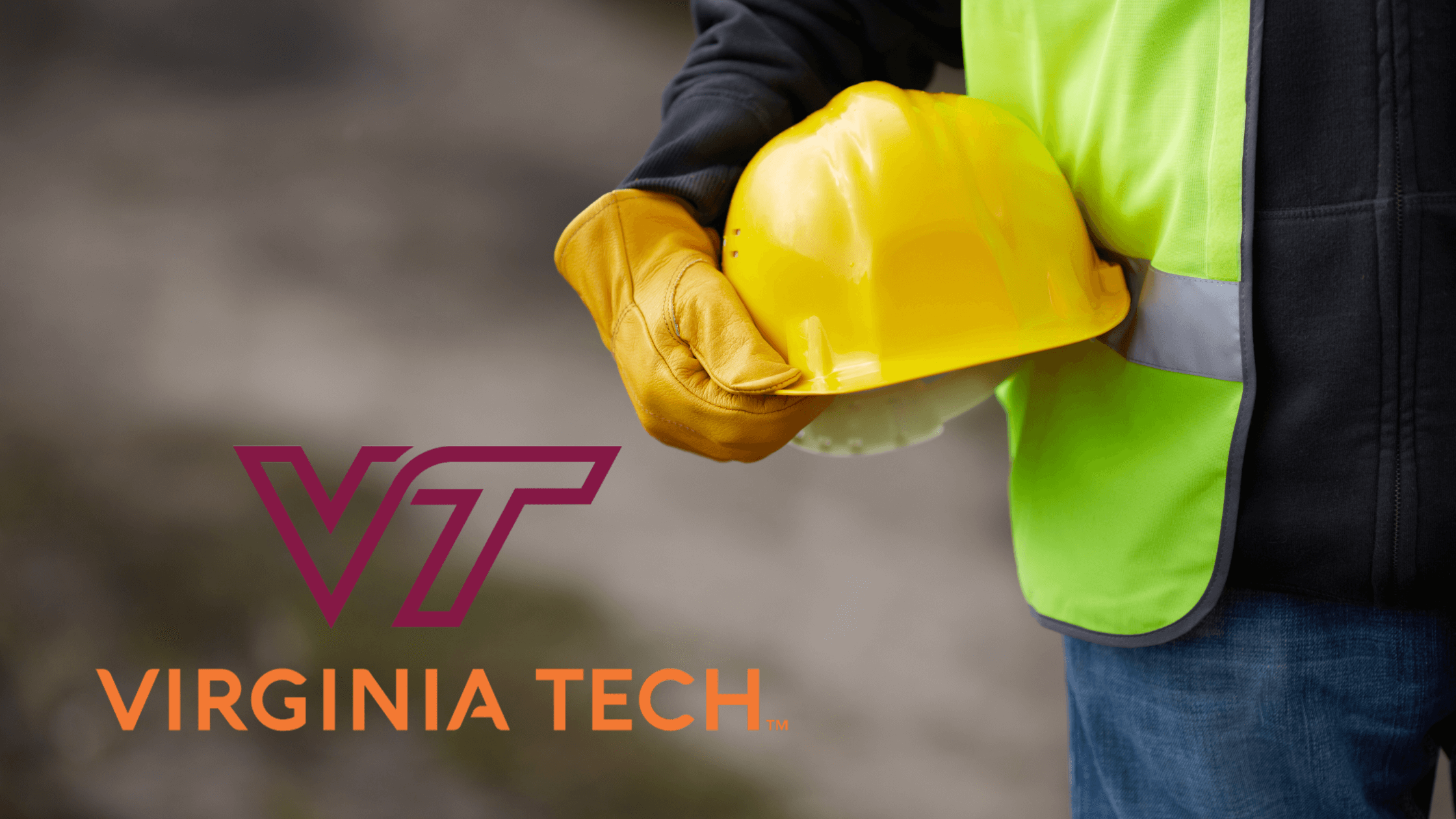Virginia Tech’s Myers-Lawson School of Construction has introduced a new construction safety leadership major. The program is part of the Bachelor of Science in Construction Engineering and Management and focuses on training future construction leaders to keep workers safe while improving job site efficiency. After completion, graduates will have ten hours of OSHA certification completed and be on the path to starting their careers as safety officers and managers.

The construction safety leadership major was created for companies who need managers that understand both construction and safety. Today’s job sites are in desperate need of leaders with a strong safety background to prevent accidents and protect workers. This program teaches students how to make safety a key part of every project, not just something to check off a list.
Students in the program will study the following:
- hazard identification and control
- risk assessment and management
- safety design and leadership
- safety design and plan development
This construction safety leadership major is a great fit for students who want to work in construction and take on leadership roles. It’s designed for future construction managers, site supervisors, and safety coordinators.
It’s also ideal for industry professionals looking to move into safety-focused roles. If you’re already working in construction and want to switch your career to safety management, this program gives you the training and certifications needed to make it happen.
Why choose Virginia Tech’s construction safety leadership major?
The program stands out for its leadership-driven approach to safety. Unlike traditional safety programs that focus solely on compliance, Virginia Tech teaches students how to integrate safety into company culture.
Virginia Tech built this program with industry input so students learn the exact skills that construction companies want. The major also helps students earn safety certifications, like OSHA-10, before they graduate. This is perfect for anyone looking to land a job right after graduating. With safety certification, you’re guaranteed to be qualified for a safety job without needing prior experience.
Students also benefit from Virginia Tech’s Center for Innovation in Safety, Health, and Well-Being. The center is dedicated to researching the latest construction safety advancements, giving students a competitive edge in safety management.
It’s no secret that safety is a major concern in construction, as workplace accidents are among the highest in any industry. Companies are looking for leaders who can create an effective safety culture that helps to reduce workplace-related injuries. Graduates from Virginia Tech’s construction safety leadership major will have the skill and knowledge to tackle this challenge head-on.
Plus, with an average wage for an entry-level safety officer starting around $65,000, this is a great opportunity for anyone looking to enter the field.
Want to stay updated on the latest in construction education? Subscribe to our newsletter for more news on construction programs and industry trends.


